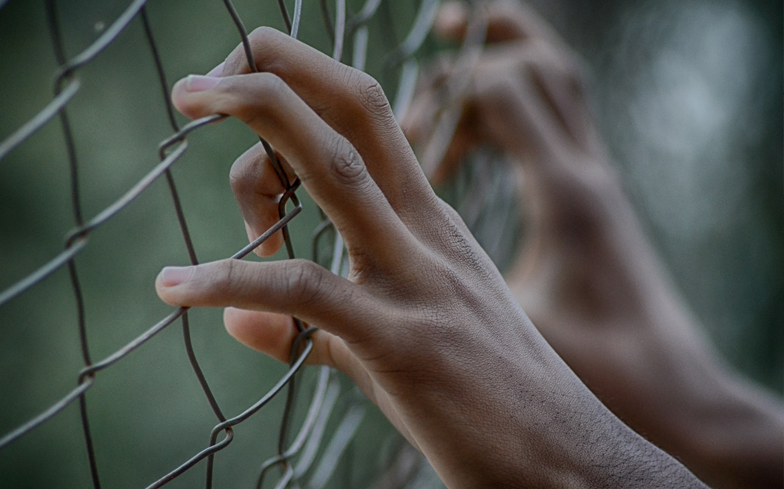
Writing for Immigration Law Practitioners’ Association Monthly and republishing on her blog, lawyer Daniella Cohen criticised the Home Office’s attitudes towards LGBTQ asylum seekers.
Cohen said there was an over-emphasis on an applicant’s “alleged failure to deal with feelings about sexuality or feelings of attraction towards the same sex,” when considering whether to approve an application.
In the article, Cohen continued, writing: “This approach is unfair and unreasonable in the context of questioning, for example, a gay man from a conservative Islamic background about his sexuality.”
She then continued by highlighting how this was against Home Office policy, which states that applicants from certain countries may feel “ashamed, humiliated and stigmatised due to their sexual orientation.”
She then wrote that people in the Home Office rely on their preconceived beliefs of LGBTQ people. “Some are not believed because they do not frequent LGBTI venues, do not have tattoos or other markers of homosexuality, nor do they dress in a manner considered to be stereotypically gay,” Cohen wrote.
Cohen went on to say that some are refused because “they have not provided witnesses, or shown evidence of making public displays of affection towards individuals of the same sex.”
She added: “It is obvious that an individual can be considered to be authentically heterosexual or homosexual in orientation without complying with certain given stereotypes.”
A report by Stonewall in 2016, looking at a different part of the UK immigration process was critical of how detention centres protect LGBTQ people.
“Those who are open about their sexual orientation or gender identity often experience harassment and abuse from other detainees,” the report explains. “Many feel forced to hide their sexual orientation and gender identity while in detention as they fear bullying and discrimination.”
The report also highlights the difficulties trans asylum seekers face in the system – with one trans interviewee telling researchers she was “placed in multiple male detention centres,” despite making clear that she identifies as a woman.
“Trans detainees face particular danger in having to share bedrooms and communal showers with other detainees,” the report added.



